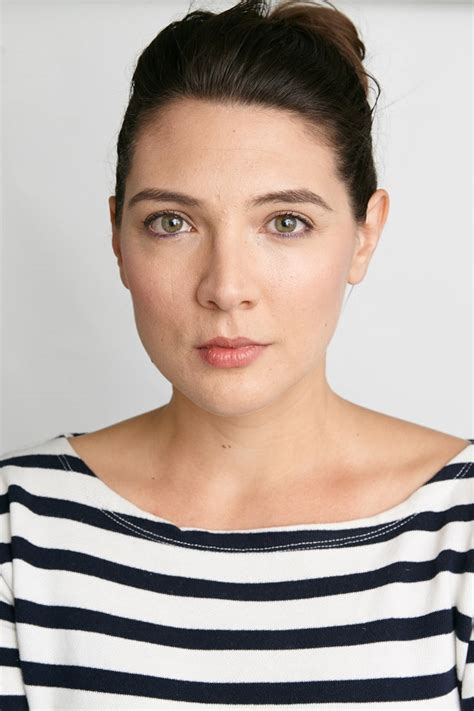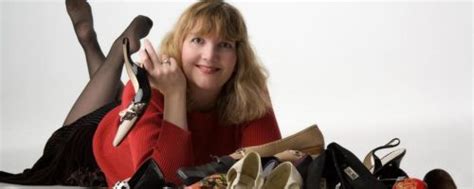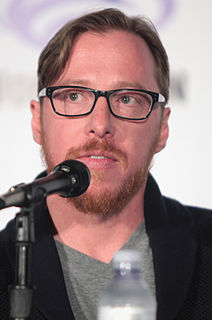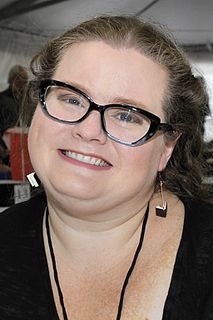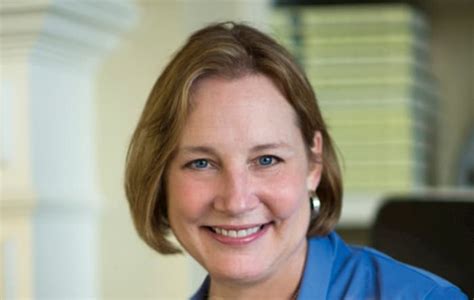A Quote by Taylor Jenkins Reid
When I wrote my first book, I was too scared to find out how people got books published. I was convinced that you needed some sort of magical potion that I didn't have.
Related Quotes
When I wrote the first Betsy book, 'Undead and Unwed,' I had no idea, none, that it would be a career-defining, genre-defining book, the first of over a dozen in the series, the first of over 70 published books, the first on my road to the best-seller list, the first on my road to being published in 15 countries.
When I was first diagnosed, I went out, as a book person, and got some books on cancer and looked up my version of the disease. It said that I had about a 5 percent chance of survival. I said, 'Gosh, well, it's been a good run.' What I didn't realize is that in the two years since those books were published, things had shifted dramatically.
I wrote a book. It sucked. I wrote nine more books. They sucked, too. Meanwhile, I read every single thing I could find on publishing and writing, went to conferences, joined professional organizations, hooked up with fellow writers in critique groups, and didn't give up. Then I wrote one more book.
I didn't write professionally at first. It took me nine years to get anything published. At the beginning I mostly wrote picture books, which were rejected by every children's book publisher in America. The first book of mine to be accepted for publication was ELLA ENCHANTED, and not one but two publishers wanted it. That day, April 17, 1996, was one of the happiest in my life.
I was writing at a really young age, but it took me a long time to be brave enough to become a published writer, or to try to become a published writer. It's a very public way to fail. And I was kind of scared, so I started out as a ghost writer, and I wrote for other series, like Disney 'Aladdin' and 'Sweet Valley' and books like that.
When I first learned about Abrams and saw the types of books they were making, I knew I wanted my books to be published by them. Abrams books are special-when you hold one in your hands, you have the feeling that this book needed to be made. I once heard an artist say that books are fetish objects-I think Abrams gets that, because their books demand to be treasured. So who better to give comics art its proper due? I feel privileged to have found a home with Abrams.
He would talk to them of stories and books, and explain to them how stories wanted to be told and books wanted to be read, and how everything that they ever needed to know about life and the land of which he wrote, or about any land or realm that they could imagine, was contained in books. And some of the children understood, and some did not.
